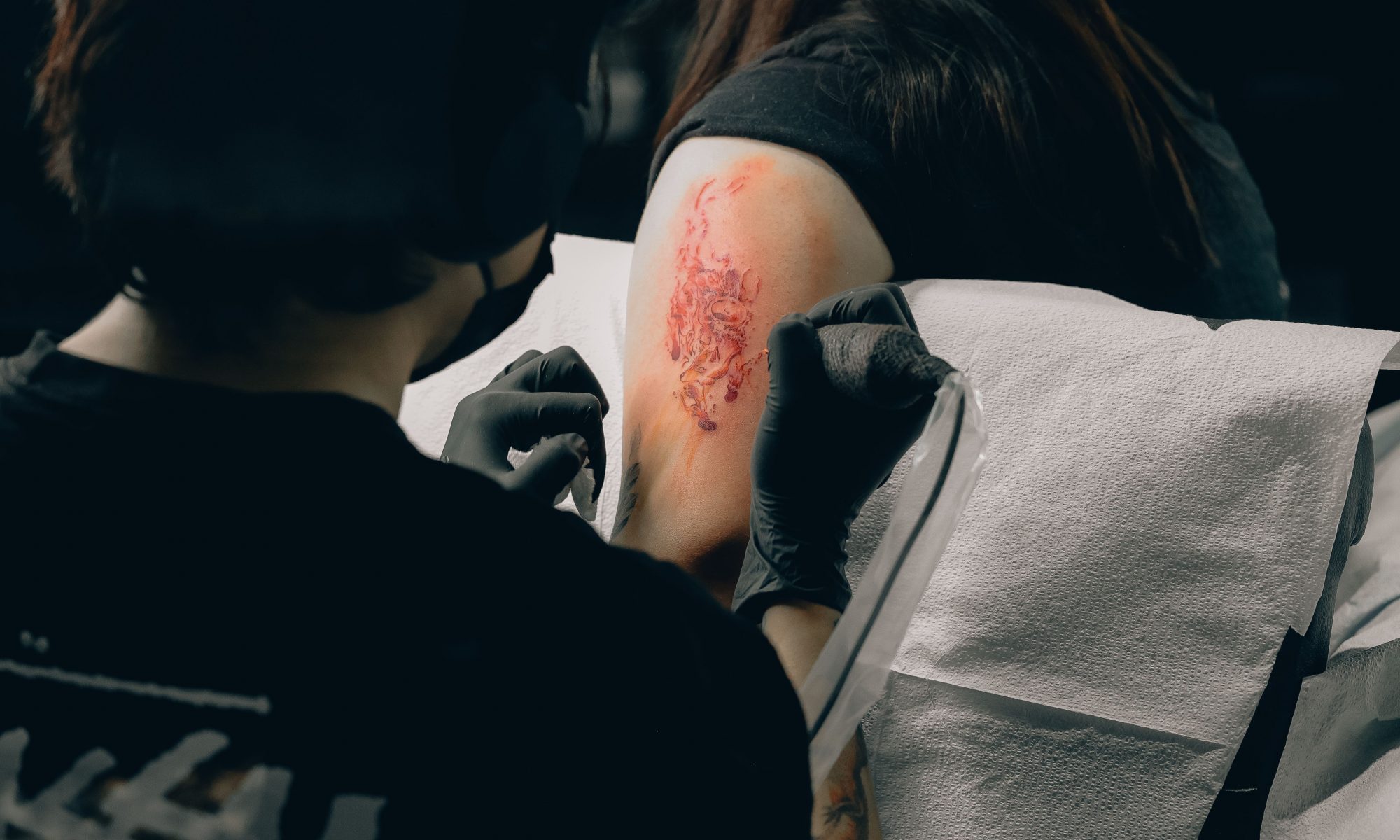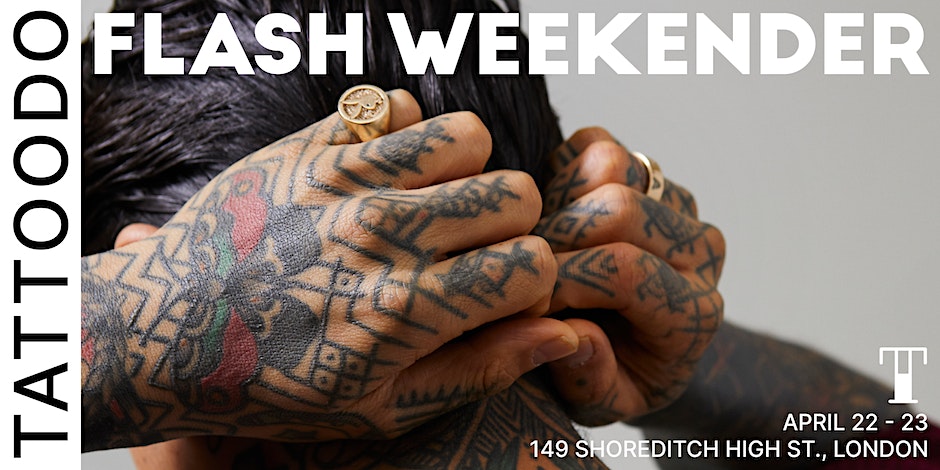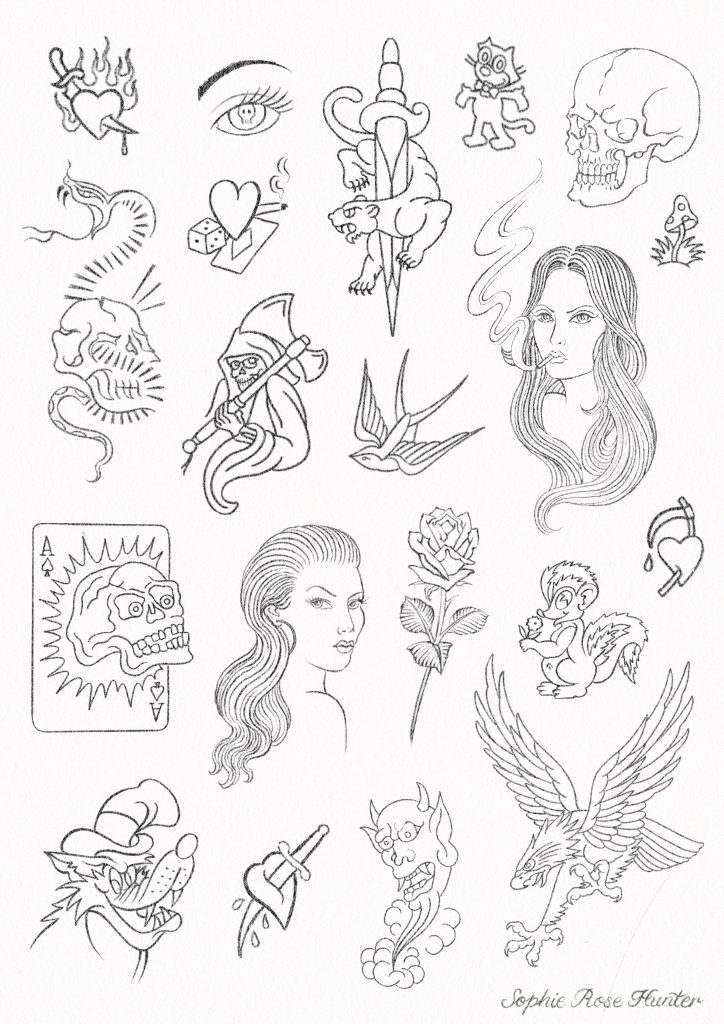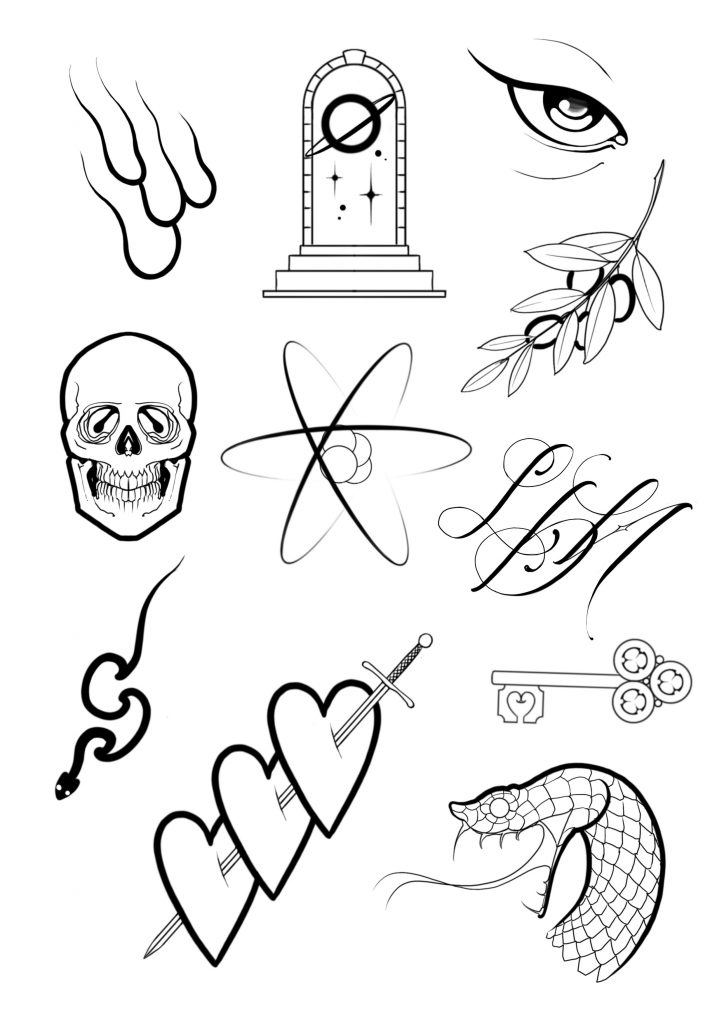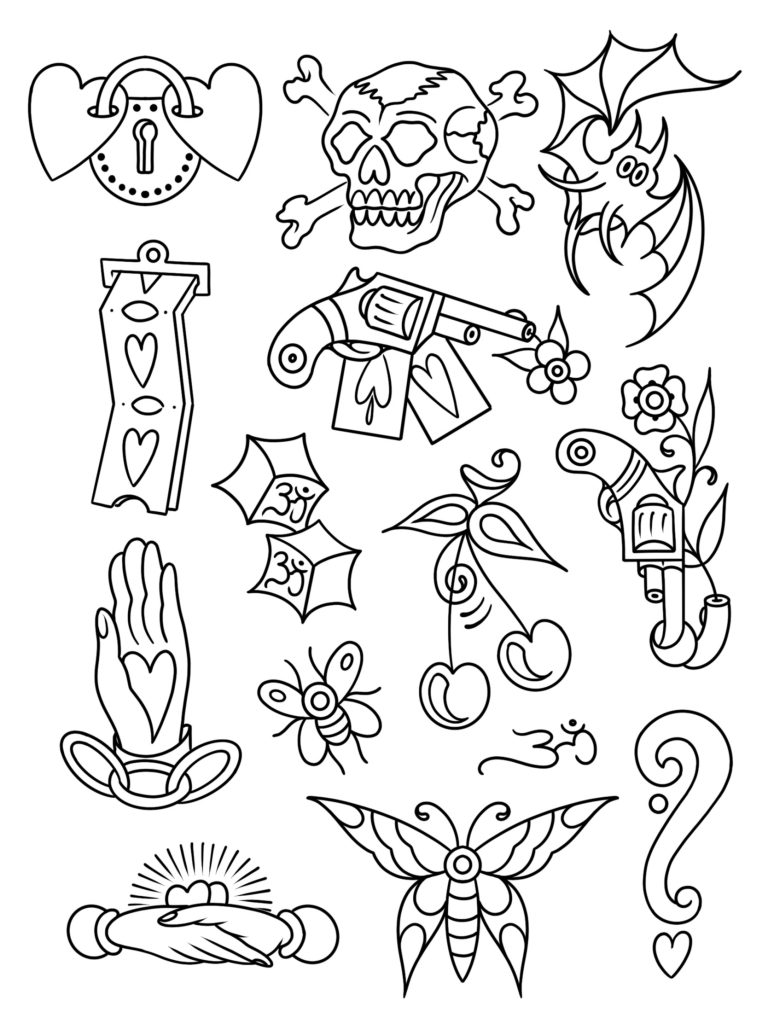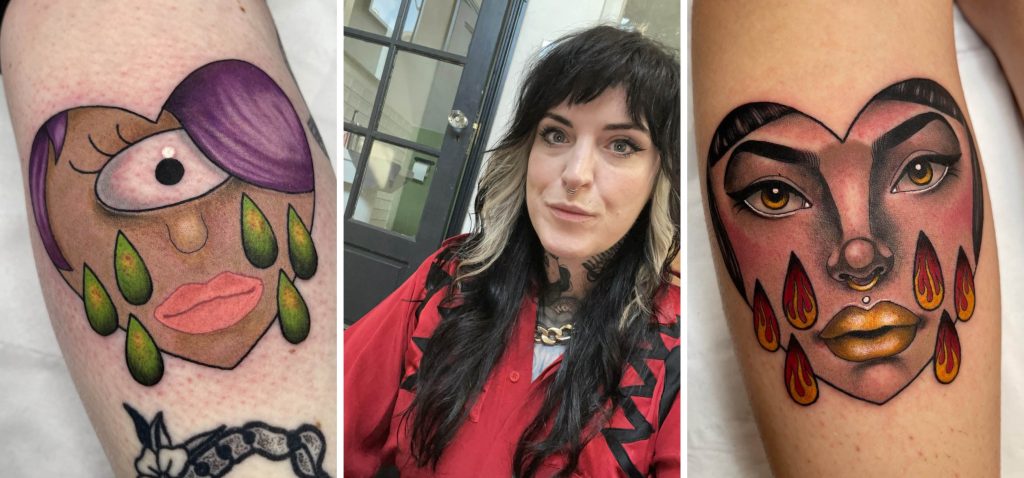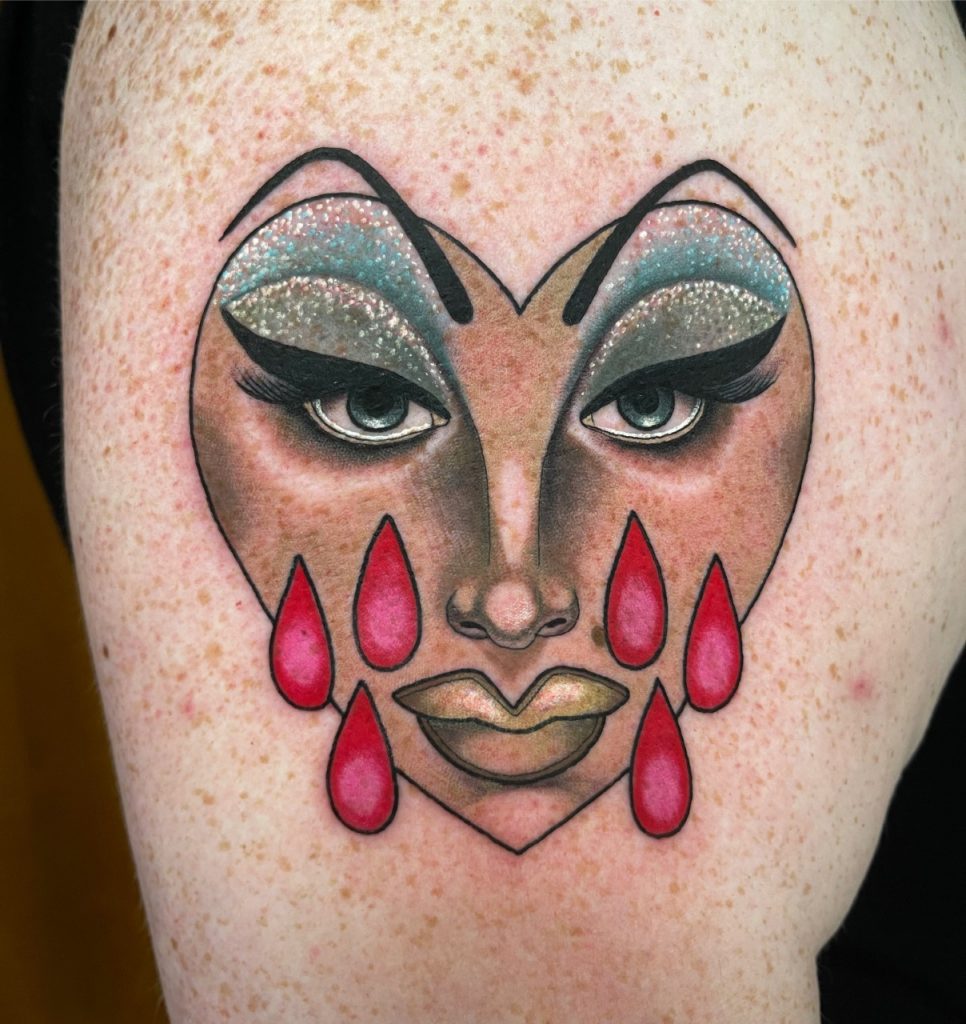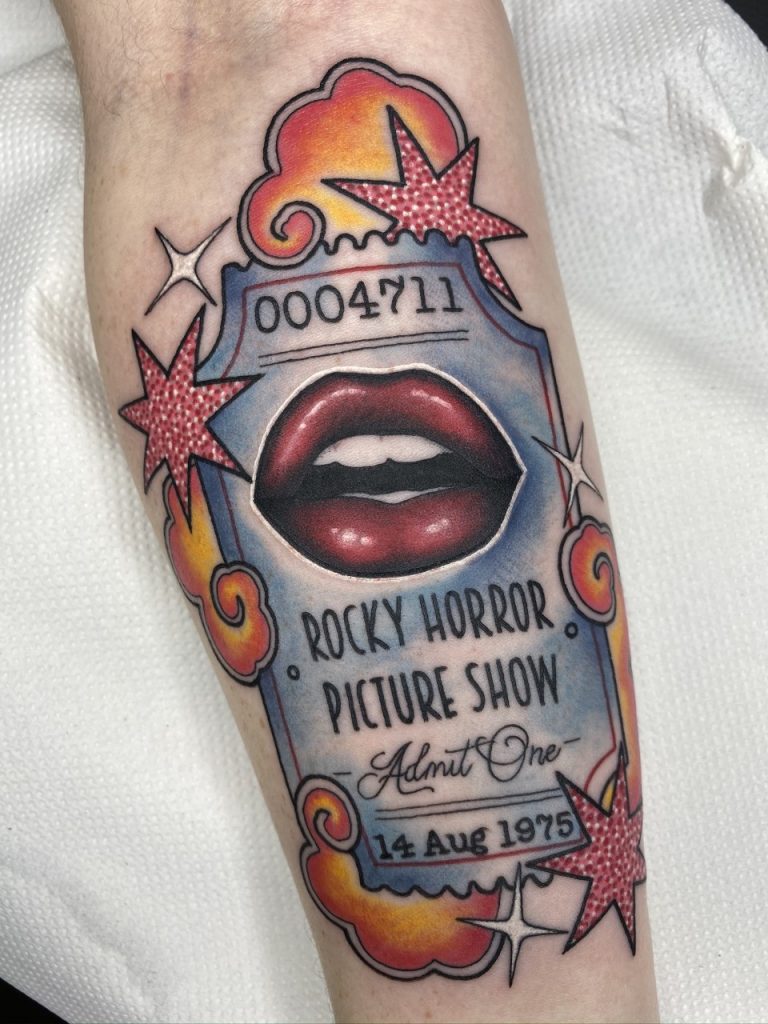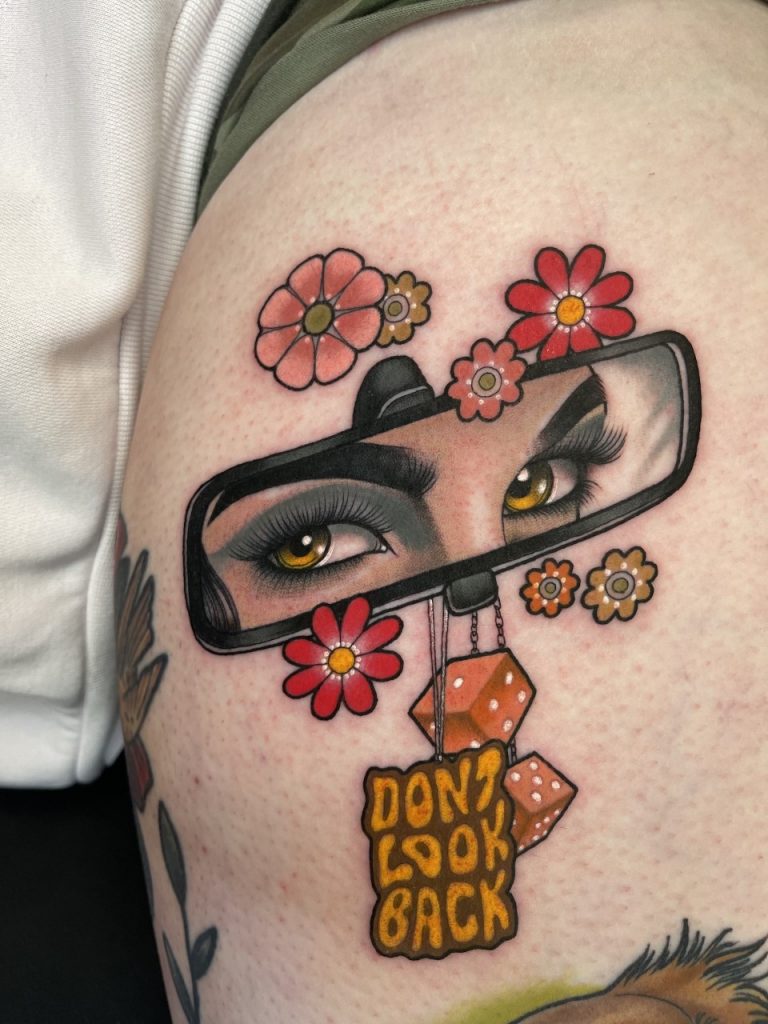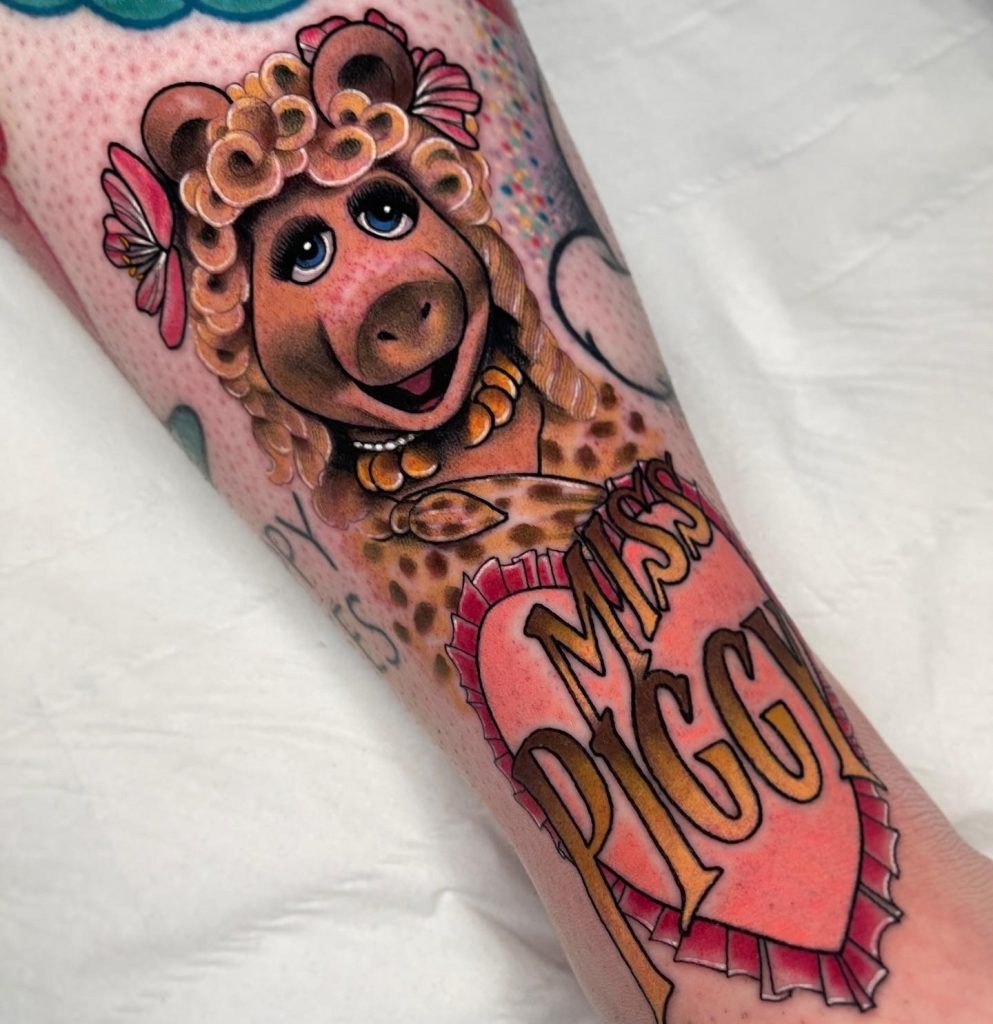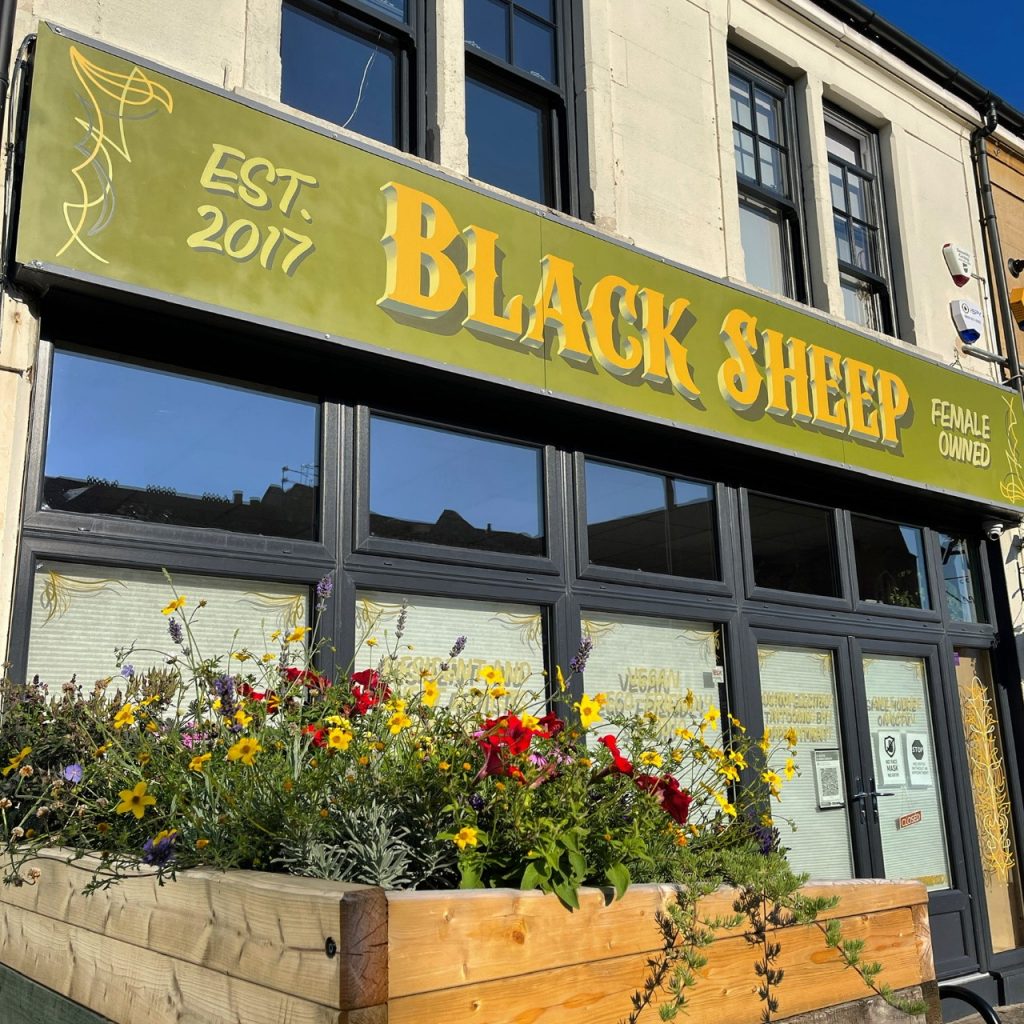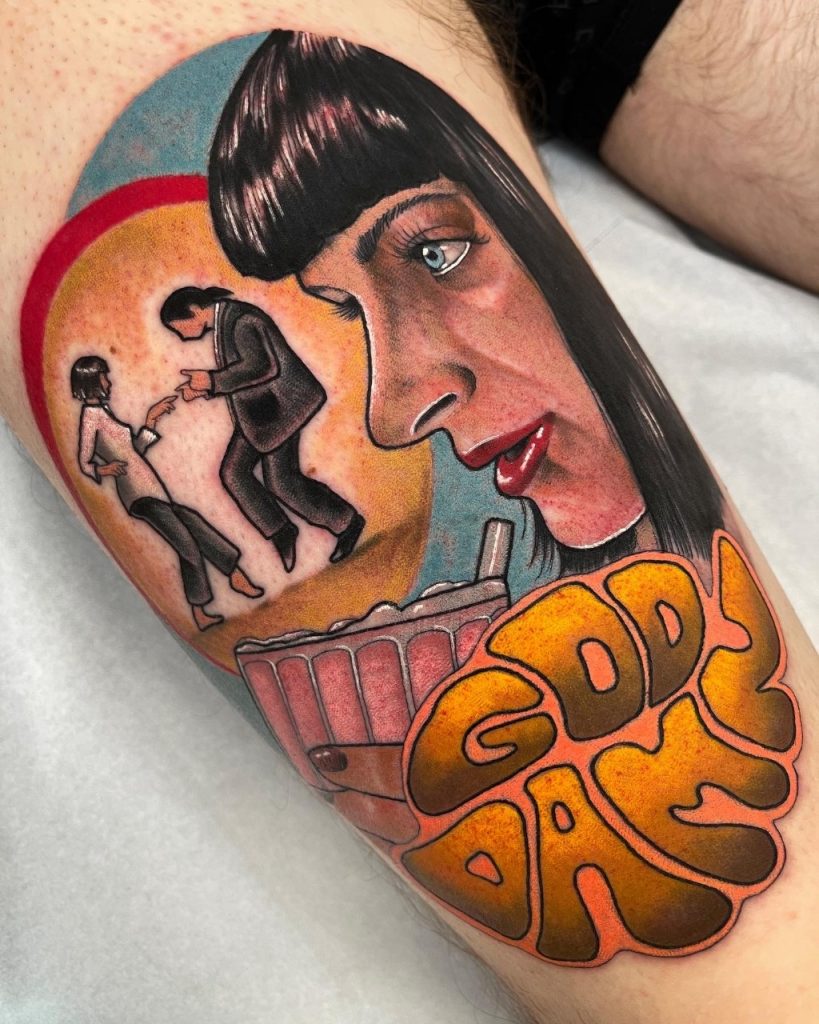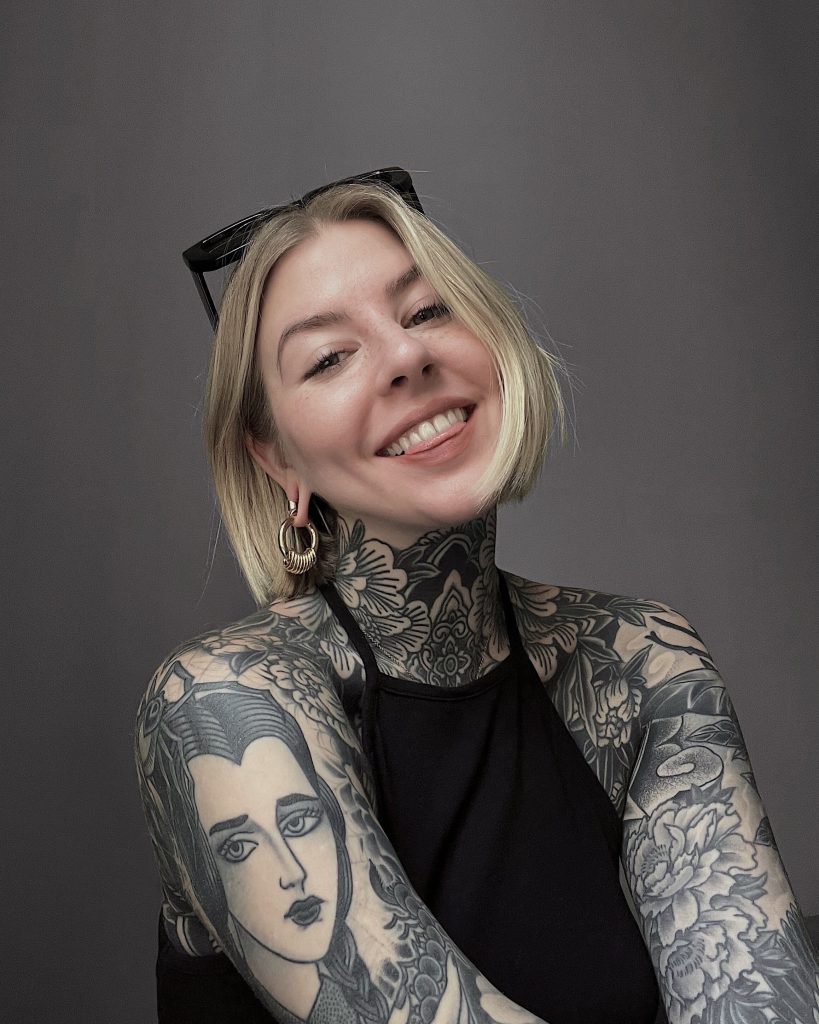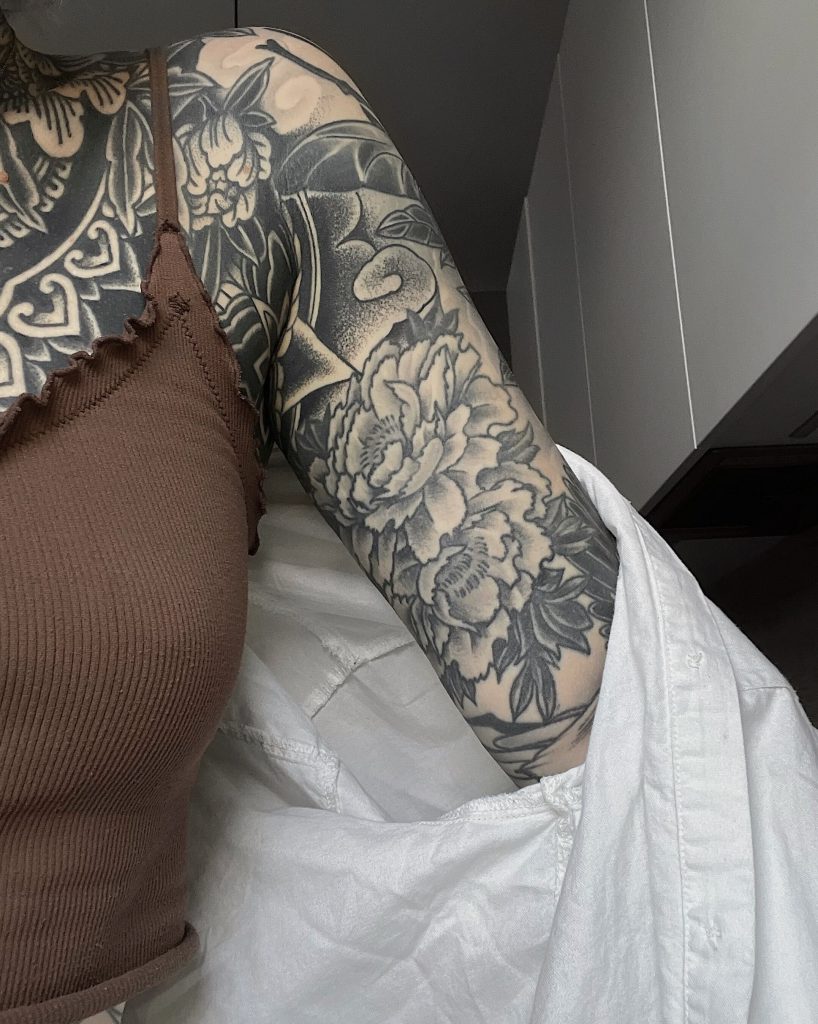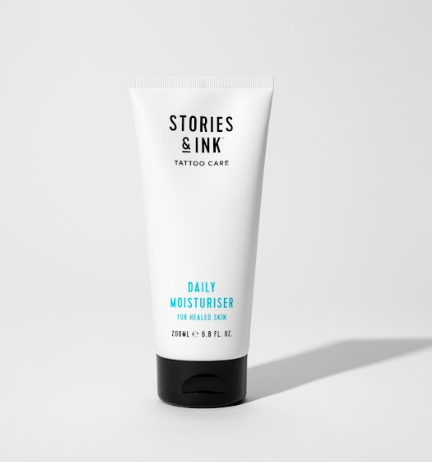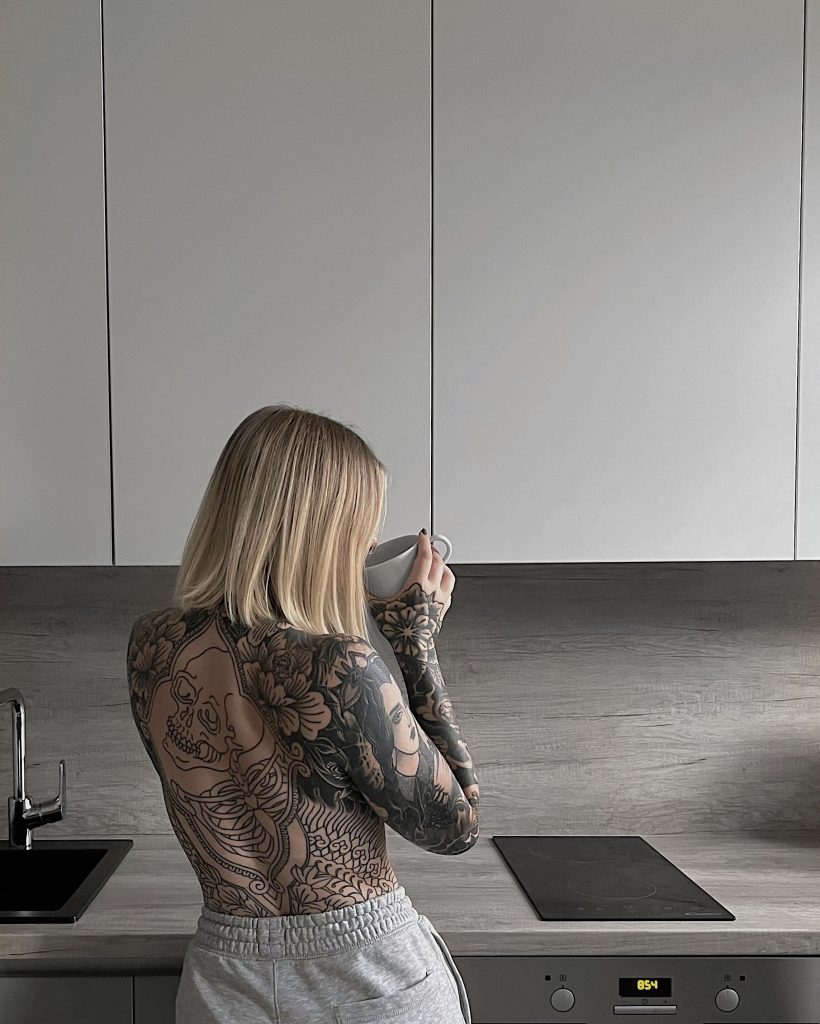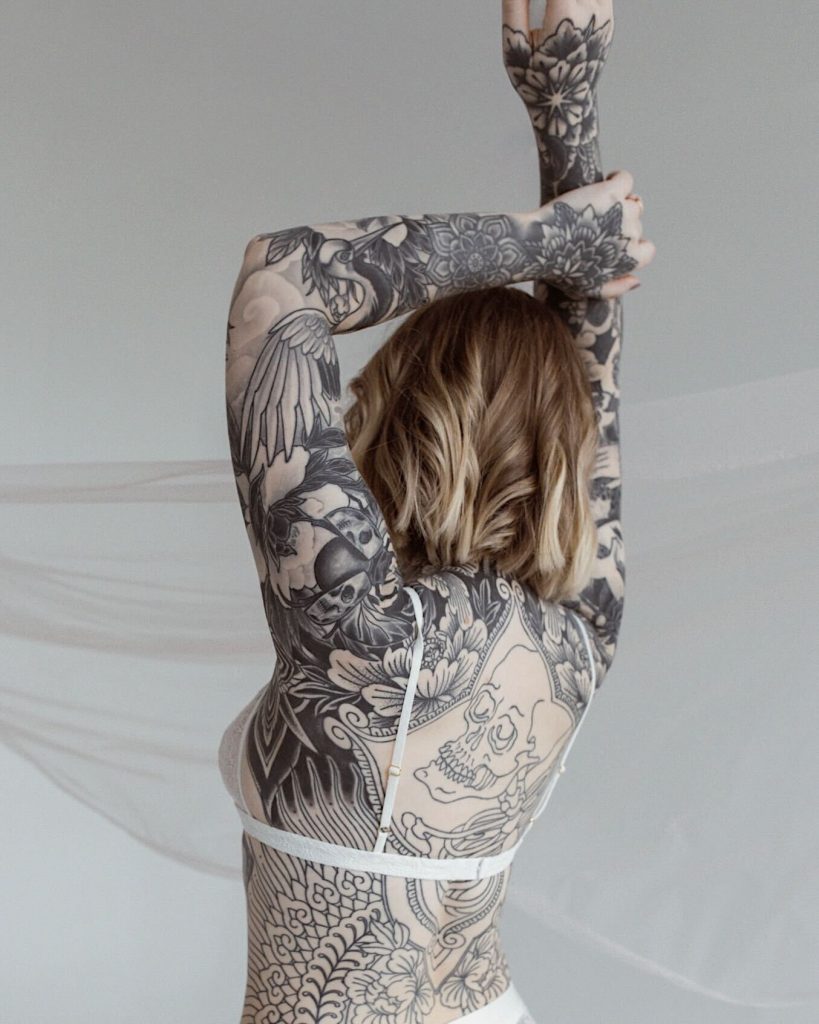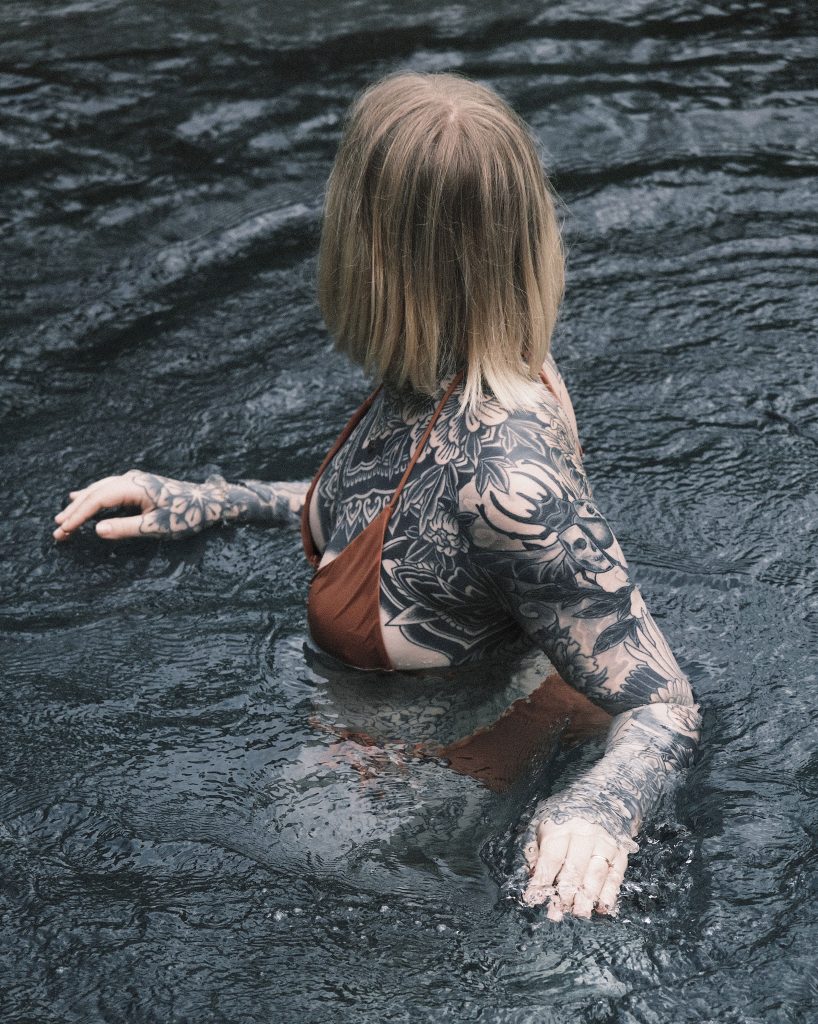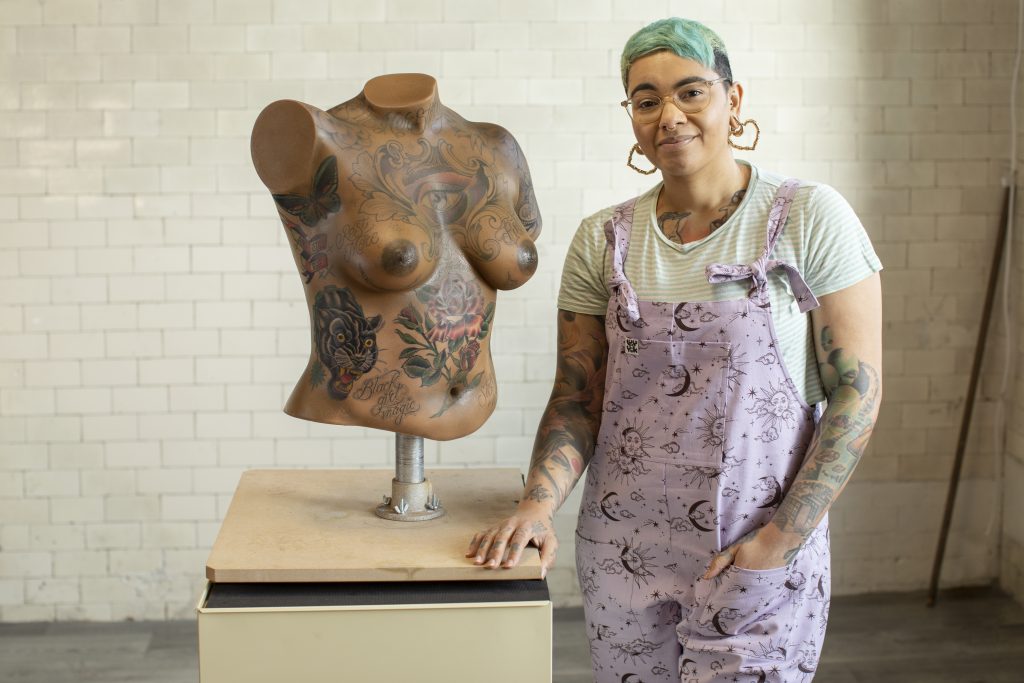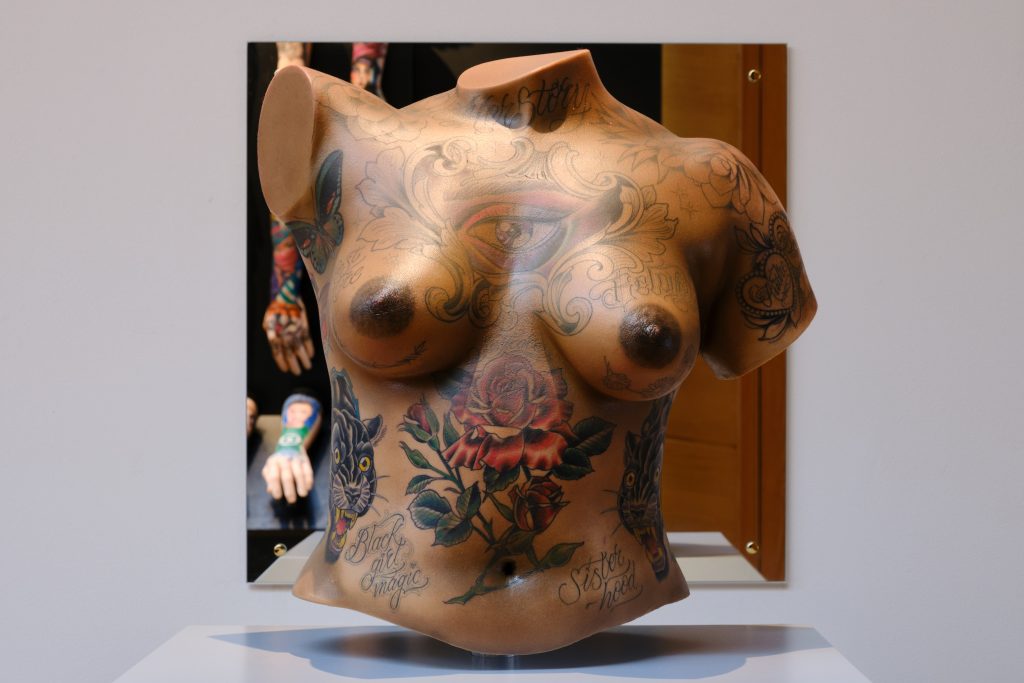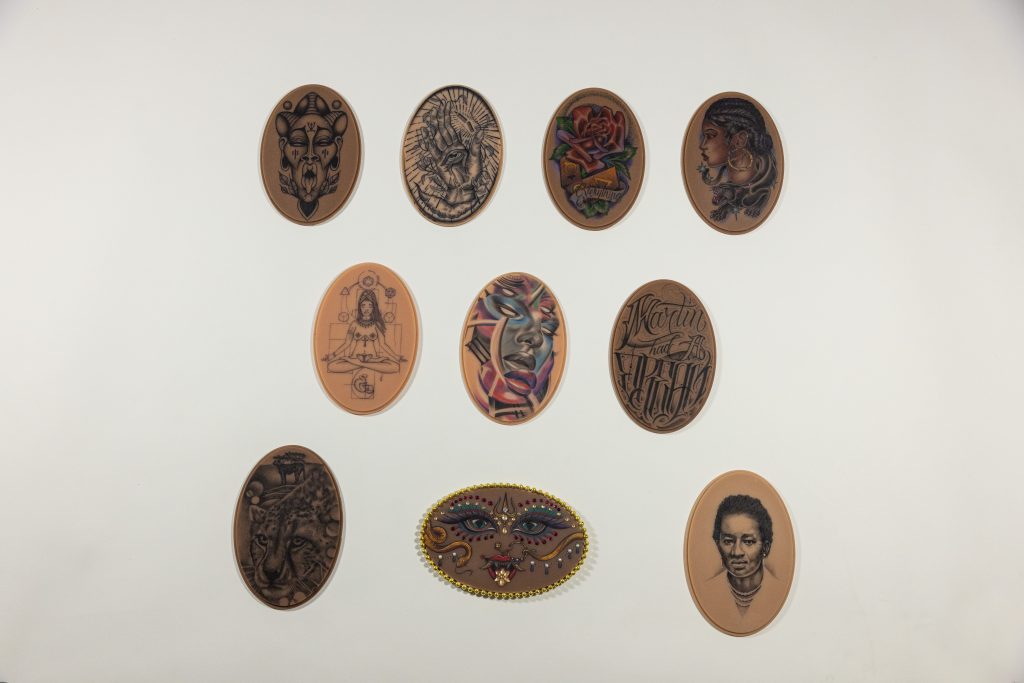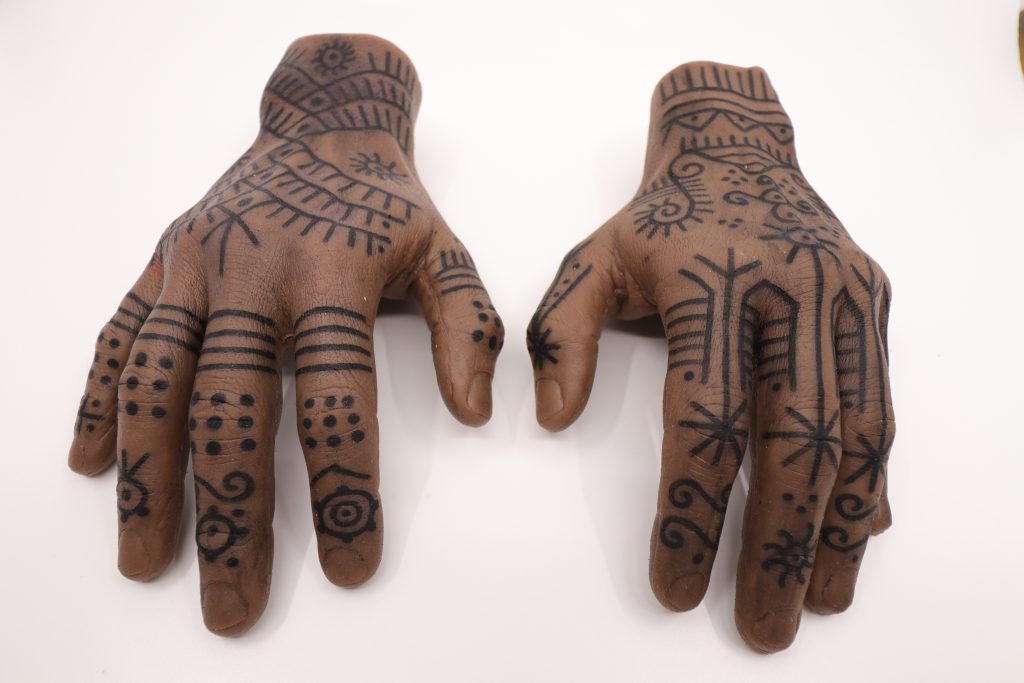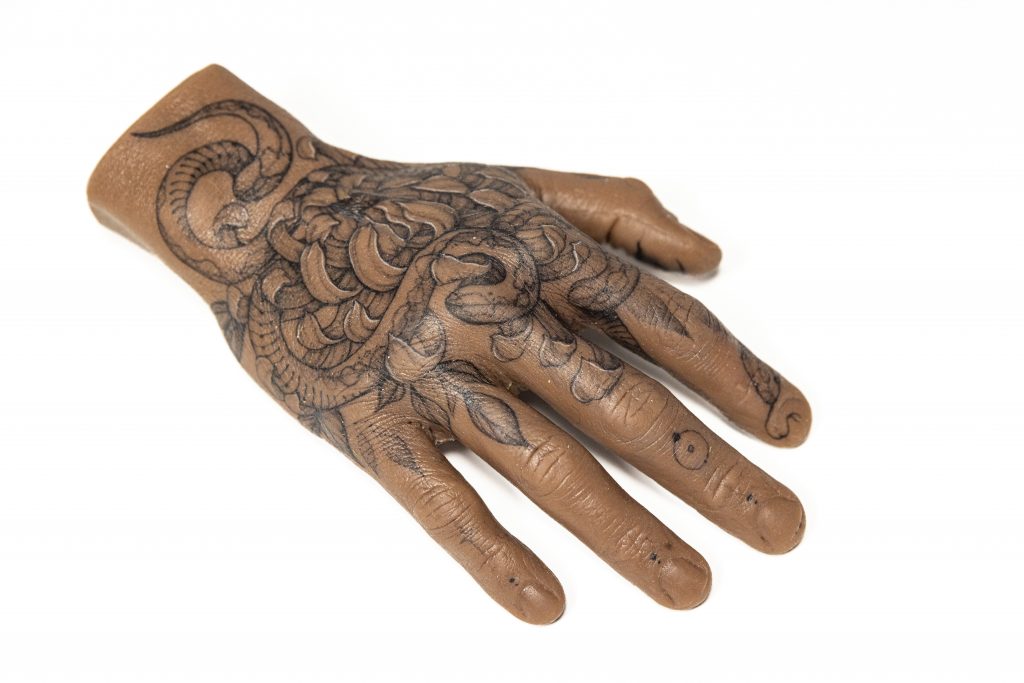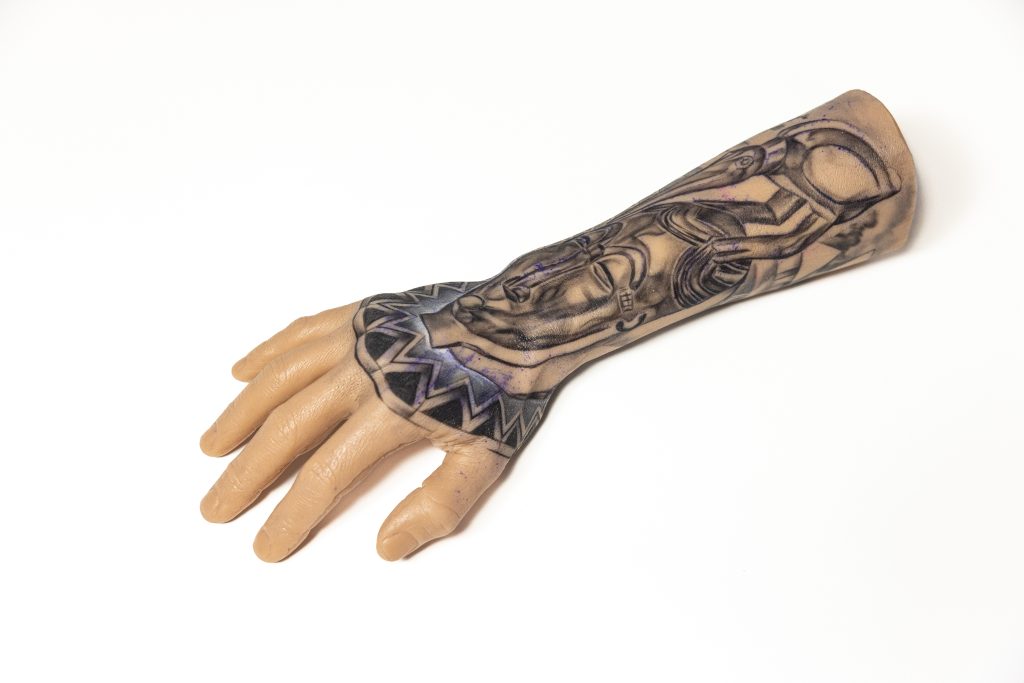Tattooist Inno, who’s based in Seoul in Korea, realised that tattoos can be art when he saw a tattoo of a small, beautiful flower. That tattoo set him on a journey to becoming an artist himself. Here we catch up with him to find out more about tattooing in Korea, guest spots and what motivates and inspires him…
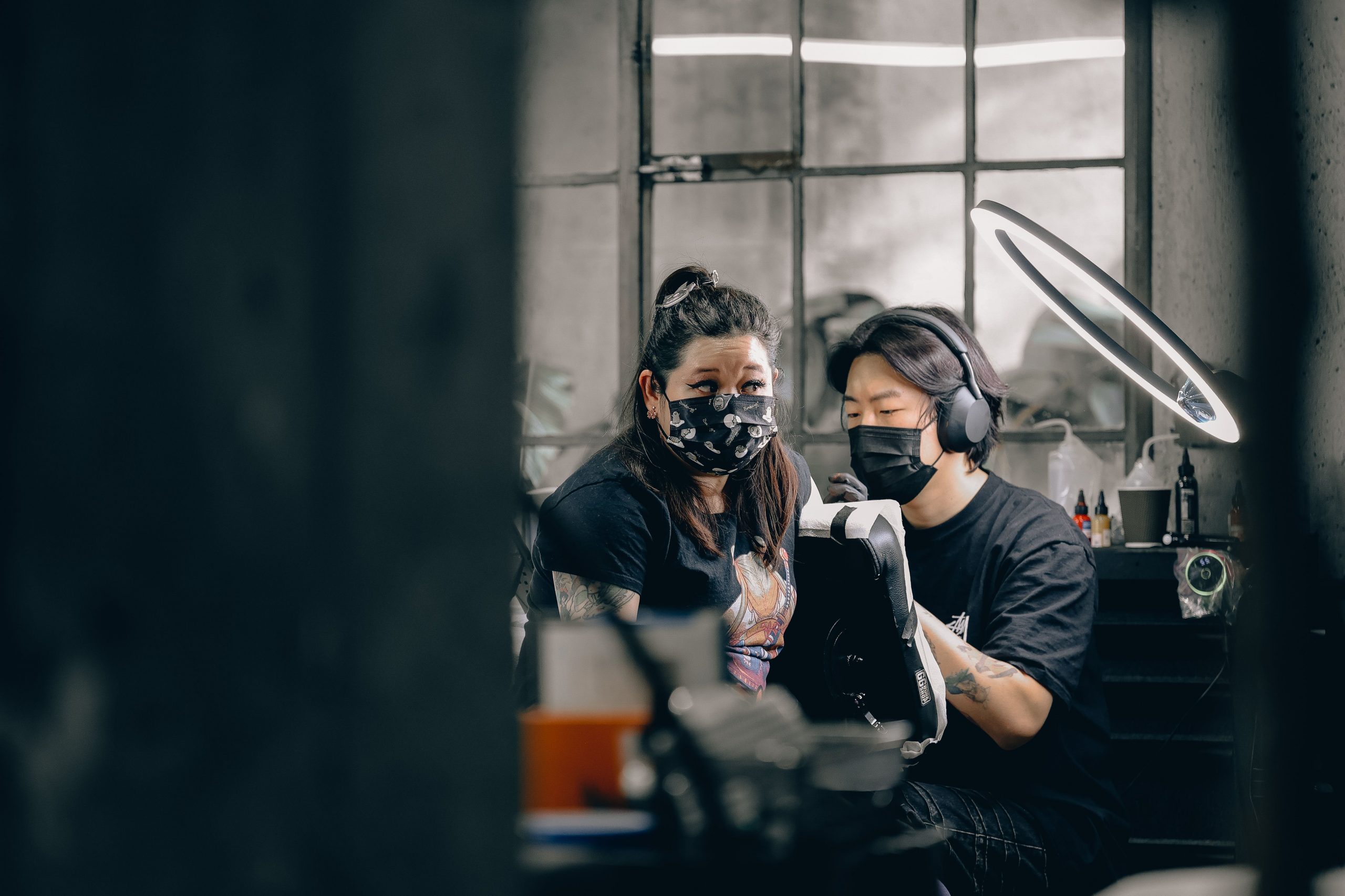
How long have you been tattooing for? How did you train to become a tattoo artist?
“I started learning how to tattoo in 2019. I took classes at STUDIO BY SOL, one of the most famous tattoo academies in Korea at the time. In Korea, tattoos were illegal, so there were few places that taught hygiene education and technology properly, but I chose this place because it was the best place to train.”

How would you describe your style of tattooing?
“I live near the beach, so whenever I was frustrated or couldn’t think of an idea, I used to look out at the sea – it cleared my mind, it gave me room to think. It’s what made me realise I wanted to draw pictures of the waves and the sea. And turn other objects into waves too. Water is flexible and permeates almost anything. I guess that’s how it works with my clients too, their bodies become covered in my wave style.”
Do you tattoo lots of tourists who’ve travelled for your work?
“Most of the guests who visit me in Korea are foreign tourists. They come to visit me during their trip. Customers usually contact me through email before their holiday.”
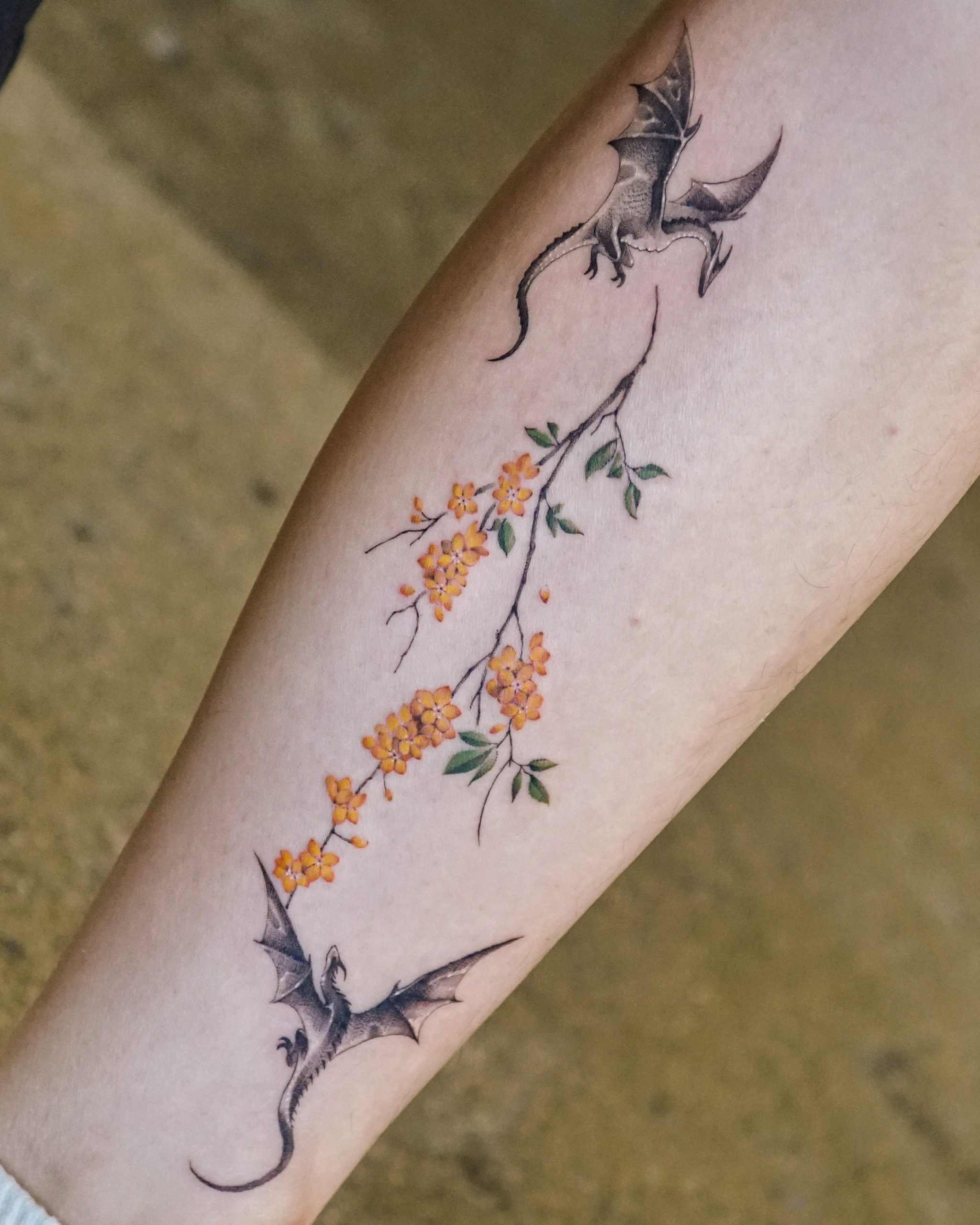
What are the rules for tattooing in South Korea? Is tattooing more underground or becoming more mainstream nowadays?
“Tattoos are illegal in Korea, you need a special medical license to practice. However, in recent years, many celebrities are getting tattoos, and they are becoming more and more popular. I think Korean tattoos will become more and more famous around the world.”
How should customers contact you? If someone is travelling over from the UK, how much notice would you need?
“Customers come from various countries, as well as England. It is enough if you tell me the picture, location, and size of the tattoo you want. Please contact us via email at inno.waves.tt@gmail.com, with dates that you will be in Seoul.”

What’s the best way for customers to come up with an idea for you? Do you offer flash or prefer custom work?
“I don’t like doing Flash because the number of copycats has been increasing recently. I don’t like my paintings to be done by anyone other than myself. Now I prefer custom work because I want to draw a special picture for only one person.”
What is the address of your studio?
“It is located in Seoul, Korea. Please contact us via email for detailed addresses.”

Any interesting hotels / shops / cafes nearby?
“The place where my studio is located is one of the most famous tourist attractions in Korea. Therefore, there are so many foreigners and it is a place where anyone can enjoy. Perhaps that’s why I think the tattoo scene has developed a lot here.”
Do you ever do guest spots? If so, when / where?
“I have been to Australia, Canada, and the United States – so far. My drawing style is unique and rare all over the world, so I want to visit lots of different countries.”
What are your hopes and plans for the future?
“I believe my paintings will develop further. I haven’t done a lot of large-scale work yet, but I want to draw bigger pieces.”

“When asked if a tattooist is an artist or a job, I would say artist.”
Inno
What do you think about the tattoo world itself?
“Tattoos are one of the most basic acts of expressing oneself. Also, I think it is very noble work that expresses and communicates each person’s life. Therefore, I hope that all artists will be more careful and work passionately in their work. This is because many people now think of it as just a job to make money. When asked if a tattooist is an artist or a job, I would say artist.”
Follow Inno on Instagram @tattooist.inno
